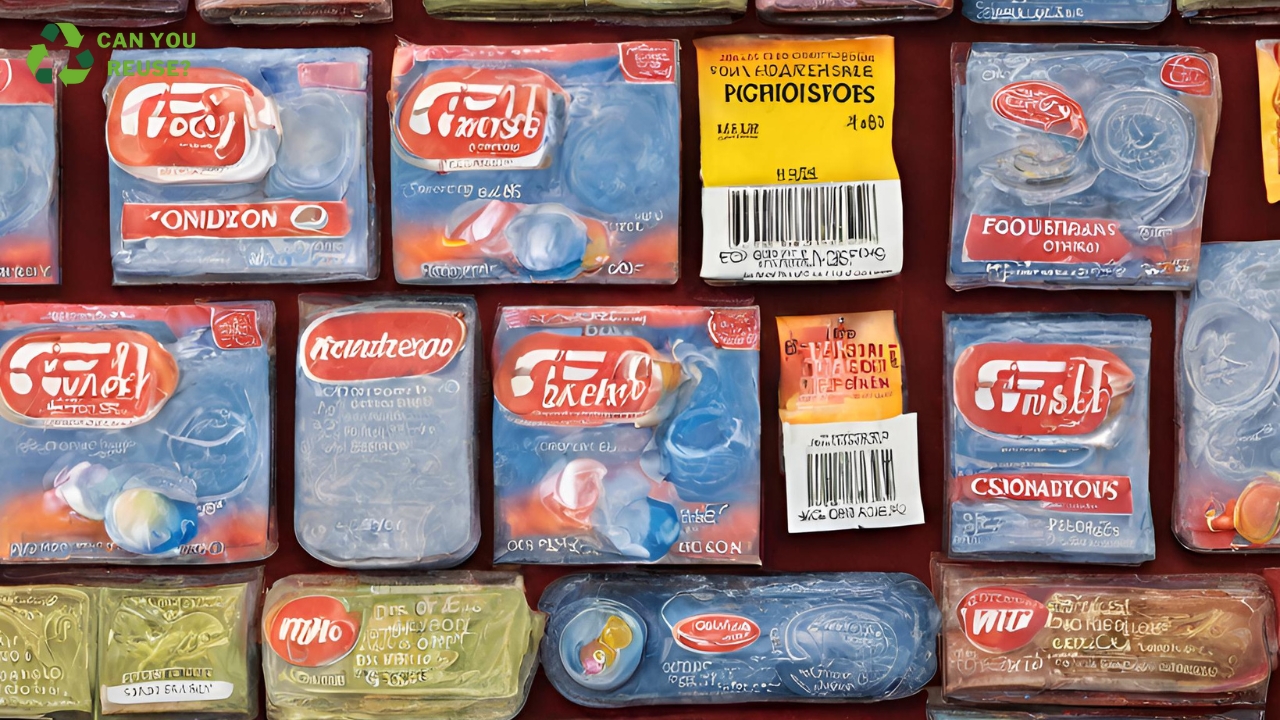Can you reuse a condom? The short answer is no, you should not reuse a condom. Let’s dive into the reasons why and address some common questions about condom use.
Why Reusing Condoms Is a Bad Idea
Reusing a condom is not recommended under any circumstances. Condoms are designed as single-use items and are meant to protect against sexually transmitted infections (STIs) and unwanted pregnancies. When you reuse a condom, you compromise its integrity, increasing the risk of breakage, slippage, and leakage.

The Risks of Reusing Condoms
- Effectiveness: A reused condom is less effective at preventing STIs and pregnancy. The material can degrade, and microscopic tears can develop, which are not visible to the naked eye.
- Fit and Slippage: A condom that has been used and then washed may not fit as snugly as a new one, increasing the chances of it slipping off during intercourse.
- Hygiene: Washing a condom does not remove all the viruses and bacteria it may have come into contact with. This means you could be exposing yourself and your partner to potential infections.
What Experts Say
Health experts, including the Centers for Disease Control and Prevention (CDC), strongly advise against reusing condoms. They emphasize that condoms are single-use items and should be discarded after each sexual encounter.
Common Misconceptions About Condom Use
When it comes to condom use, there are several misconceptions that can lead to misuse or avoidance of this important protective measure. Let’s debunk some of these common myths.
Misconception 1: Condoms are Unreliable and Break Easily
Contrary to this belief, when used correctly, condoms are highly reliable. They effectively prevent the transmission of most sexually transmitted infections (STIs), including HIV, and prevent pregnancy 98% of the time.
Misconception 2: Sex Doesn’t Feel as Good with a Condom
Many people believe that using a condom reduces sexual pleasure. However, this is not necessarily true. In fact, knowing you’re protected against STIs and unplanned pregnancy can enhance the sexual experience by reducing anxiety.
Misconception 3: Two Condoms are Better than One
Using two condoms at once, whether they’re male or female condoms, is not safer. It actually increases the chances of them ripping. Only one condom should be used at a time.
Misconception 4: Condoms are One-Size-Fits-All
Condoms come in different sizes, and using the right size is crucial for effectiveness and comfort. A condom that is too large can slip off, and one that is too small can break during sex.
Misconception 5: Condoms are the Only Type of Contraception Needed
While condoms provide protection from STIs and unintended pregnancy, it’s recommended to use a condom and another form of contraception for the best protection.
Misconception 6: Condoms are Reusable
Condoms are designed for single use only. Reusing a condom can lead to a higher risk of STIs and pregnancy.
Misconception 7: Condoms Don’t Protect Against HIV
Condoms are highly effective in preventing HIV transmission when used consistently and correctly.
Misconception 8: You Don’t Need a Condom for Oral Sex
Condoms should be used for oral sex as well, as STIs like gonorrhea can be transmitted through this form of sexual activity.
FAQs About Condom Use
Q. Can I wash and reuse a condom?
A.No, washing and reusing a condom is not safe and can lead to a higher risk of STIs and pregnancy.
Q. What should I do if I run out of condoms?
A. If you find yourself without a new condom, it is better to wait until you can obtain one rather than risk reusing an old one.
Q. Are there any situations where reusing a condom is acceptable?
A. There are no situations where it is safe or recommended to reuse a condom.
Q. How should I dispose of a used condom?
A. Wrap the used condom in tissue or toilet paper and dispose of it in the trash. Do not flush condoms as they can cause plumbing issues and environmental harm.
Conclusion
In summary, condoms are a crucial part of safe sex practices, but they must be used correctly to be effective. This means using a new condom for each act of sexual intercourse and never attempting to wash and reuse one. By following these guidelines, you can ensure the highest level of protection for yourself and your partner. Always remember, when in doubt, throw it out and use a new condom.


Leave a Reply